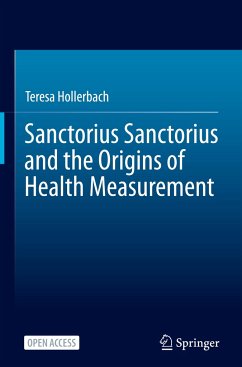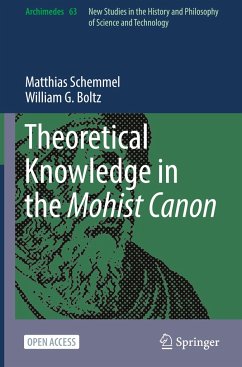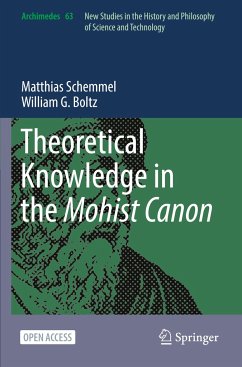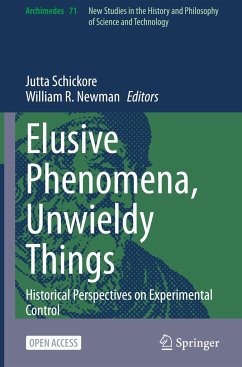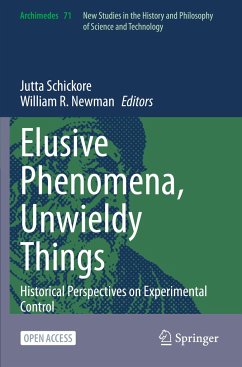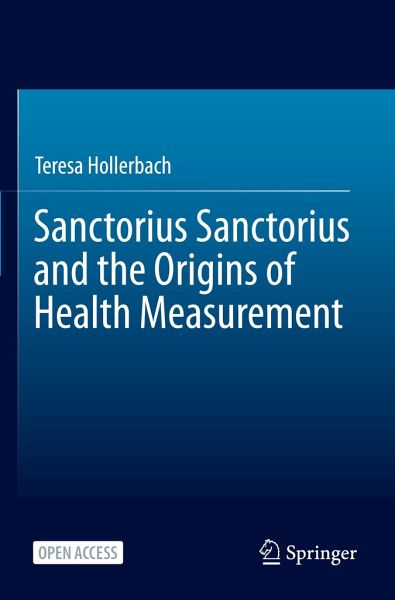
Sanctorius Sanctorius and the Origins of Health Measurement

PAYBACK Punkte
16 °P sammeln!
This Open Access book offers new insights into the Venetian physician Sanctorius Sanctorius (1561-1636) and into the origins of quantification in medicine. At the turn of the seventeenth century, Sanctorius developed instruments to measure and quantify physiological change. As trivial as the quantitative assessment of health issues might seem to us today - in times of fitness trackers and smart watches - it was highly innovative at that time. With his instruments, Sanctorius introduced quantitative research into the field of physiology. Historical accounts of Sanctorius and his work tend to te...
This Open Access book offers new insights into the Venetian physician Sanctorius Sanctorius (1561-1636) and into the origins of quantification in medicine. At the turn of the seventeenth century, Sanctorius developed instruments to measure and quantify physiological change. As trivial as the quantitative assessment of health issues might seem to us today - in times of fitness trackers and smart watches - it was highly innovative at that time. With his instruments, Sanctorius introduced quantitative research into the field of physiology. Historical accounts of Sanctorius and his work tend to tell the story of a genius who, almost out of the blue, invented a new medical science, based on measurement and quantification, that profoundly influenced modernity. Abandoning the "genius narrative," this book examines Sanctorius and his work in the broader perspective of processes of knowledge transformation in early modern medicine. It is the first systematic study to include the entire rangeof the physician's intellectual and practical activities. Adopting a material culture perspective, the research draws on the contemporary reconstruction of Sanctorius's most famous instrument: the Sanctorian weighing chair. And here it departs from past studies that focus mainly on Sanctorius's thinking rather than on his making and doing. The book also re-evaluates Sanctorius's role in the wider process of the early transformation of medical culture in the early modern period, a process that ultimately led to the abandonment of Galenic medicine and to the introduction of a new medical science, based on the use of quantification and measurement in medical research. The book is therefore an important contribution to the history of medicine and historical epistemology aimed at historians of science and philosophy.





